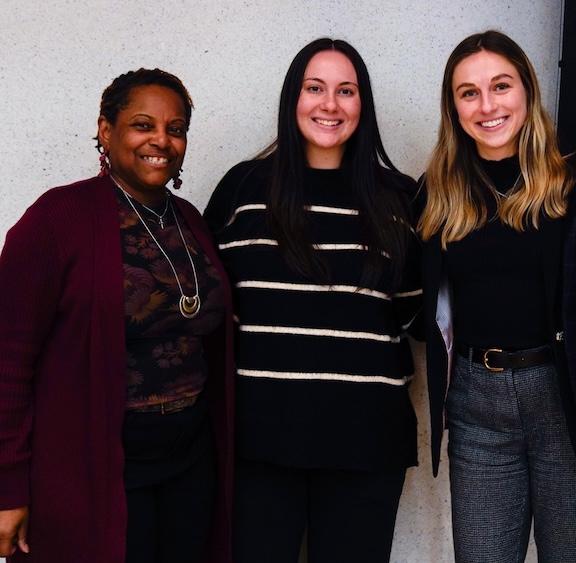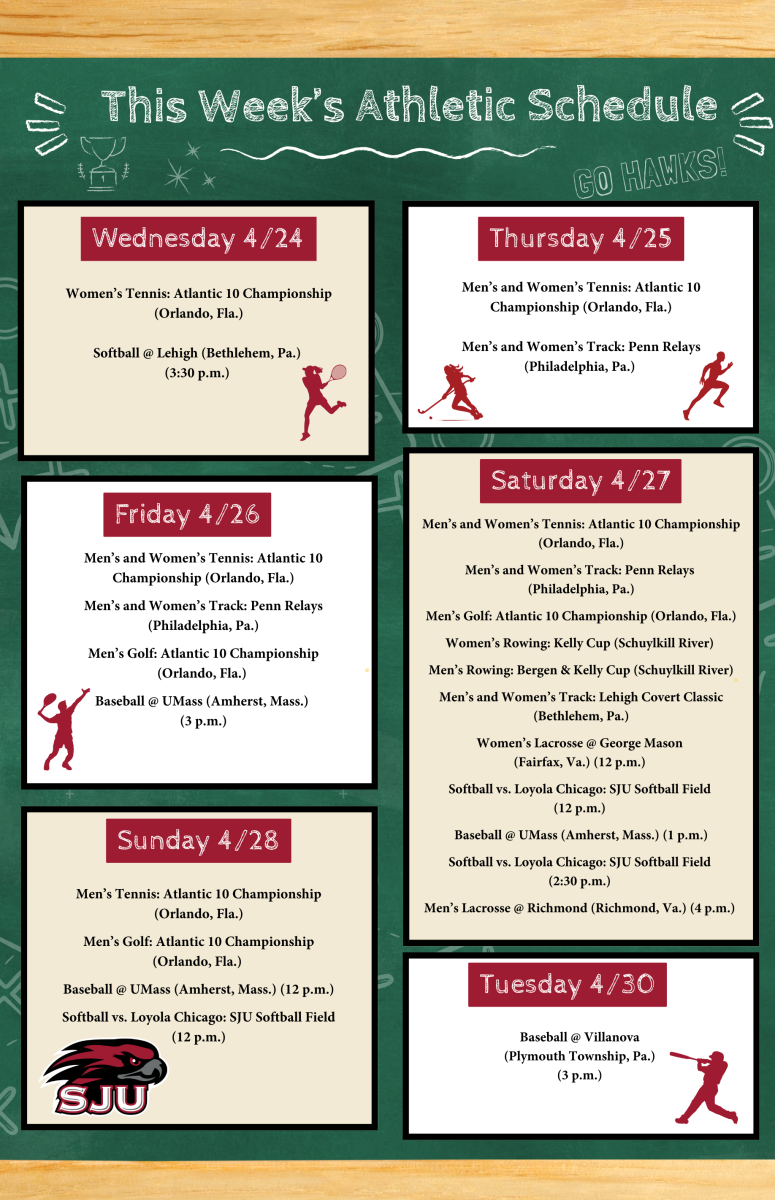When Stephany Coakley, Ph.D., was named the senior athletic director for Mental Health, Wellness and Performance at Temple University in 2017, she had one goal in mind for her student-athletes: to be “TUWell.”
One of Coakley’s first tasks was to create TUWell, a provider of confidential mental health services for Temple student-athletes, comprised of different licensed counselors and psychiatrists.
“Even if your mental health is great, it’s your mental health, so we talk about mental health on a continuum of doing well to being unwell, and we are able to provide services and resources for anybody on the continuum,” Coakley said.
As a licensed clinician, Coakley works with different teams and student-athletes within the athletic department to help them achieve their goals.
“My work is helping people to realize their potential, but not only do I do mental health, I work in the wellness space because not everybody is in need of a clinician,” Coakley said. “Everybody needs knowledge to maintain their wellness, and so we do that.”
Coakley, who is also a certified mental performance consultant, said it is essential for athletic departments to prioritize mental health, specifically through resources such as TUWell.
“[Athletic departments] have people for academics to make sure you’re doing well in school, they have somebody to make sure you’re strong and fast,” Coakley said. “In my humble opinion, the brain is the most important part of the body, so we need someone for the most important part of the body, the part of the body that if it didn’t function, nothing else would.”

Alongside Coakley is Melissa Graham, a mental health counselor working toward her license to become a professional counselor. Prior to joining TUWell, Graham was on the women’s track and field and cross country teams at Towson University, which could have benefitted from the work she and Coakley are doing now.
“We go to each team at the beginning of every year, and we say who we are, what we do and how to come if that’s something you’re interested in, and making people aware this is a resource they have because I definitely think we could have used it when I was in college,” Graham said.
Graham said student-athletes have continuously vouched for the program, becoming mini advocates.
One of these advocates is junior Reese Henderson, a member of Temple’s women’s soccer team, who was referred to the program by her coach during her first week on campus.
“It doesn’t feel like it’s forced down your throat,” Henderson said. “It’s laid back, whatever you want. They get to know your personality, they send you out a survey so you can tell them what you want to work on. It’s a great source and resource for us.”
Dr. Alex Strauss, consulting sport psychiatrist of Temple Athletics and another member of the TUWell team said so many athletes are utilizing the program that they are sometimes filled beyond capacity.
But Strauss said the TUWell team understands the many challenges that interfere with student-athletes getting the help they need.
“I think the TUWell team works extremely hard to allow the students to access care at times that are convenient to them as opposed to at times that are convenient to the providers themselves,” Strauss said.
For Temple student-athletes such as Henderson, this effort does not go unnoticed.
“For student-athletes, we don’t have flexible schedules, so they’ll make it so that you can do it on your own time,” Henderson said. “You can tell them when you need to schedule an appointment, and they do it.”
For other schools that might not have the same resources as Temple, Strauss recommends focusing on the logistics for getting student-athletes the care they need.
“Try to build with the resources that you have, instead of feeling like you have to build your own program,” Strauss said.
St. Joe’s Athletic Director Jill Bodensteiner said a wellness space is part of the future plans for the reconstruction of Hagan Arena, which is underway and due to be completed in December of this year. It will have a black ceiling with stars, zero-gravity massage chairs and beanbags, giving student-athletes a space to get away and calm down.
“I think one of the things that’s important, at least it has been for me as I’ve gotten older, beyond just my therapist, is finding literal space to turn off, unplug and clear my mind and breathe,” Bodensteiner said.
Both Coakley and Bodensteiner said their roles as leaders on campus stretch beyond such programs and spaces.
“I think it’s really important to just have my finger on the pulse of what the needs are, something that can’t come from meetings or from reading, it’s just to get to know the athletes,” Bodensteiner said.


This story is part of a series focused on college athletics and mental health. It highlights ongoing efforts by different programs and individuals to break the stigma surrounding mental health across the NCAA.




































